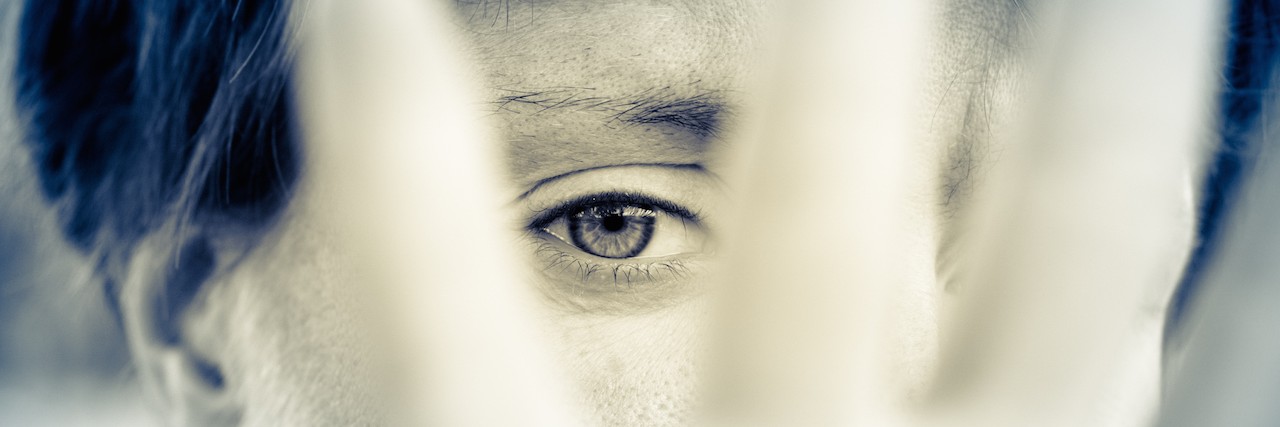Mental illness, in my experience, is like a phantom fly that perches on your back. You may not even know it’s there. If you do, then you swat at it, ineffectively swing your angry arms at it, slap at your back, asking, “Is it gone? Is it gone?” Followed by a breathless, “Oh, what was that?!” In truth, you are not quite sure of the answer. You only hope it will not land on your back a second time, but it does. It somehow always returns.
Mental illness. My own “fly” is major depressive disorder (MDD). I was officially diagnosed at age 45, symptomatic since age 15, but did not start medically treating symptoms until age 30. I was symptomatic for 15 years before I ever dared ask for help. I was fearful. I didn’t even know how to ask for help, what would happen if I did or how others might react if they knew. Plus, the hope that “maybe it’s just a phase” perpetuated itself inside my head, over and over like a never-ending game of jump rope.
Shame is an enormous obstacle, a Goliath, and is often inherent to those (myself included) who have a mental illness. It has only been in the past decade (maybe two) that I have noticed efforts being made to broaden society’s understanding. For years past, however, mental illness has been steeped in myth, ignorance and fear. As a result, many want to ignore the condition, or worse, hide it completely, opting instead to isolate themselves and the problem. Without the appropriate care, however, without an acknowledgment of illness, many people end up turning to destructive forms of self-regulation.
I know what it is to rage against an unknown enemy, my metaphorical fly. Before my diagnosis, before I even had an inkling of what “it” was, I developed an eating disorder, anorexia, and at times had thoughts of self-harm, wanting to claw at and/or cut my arms because this unknown thing was warring inside of me.
I know what it is to live in the foreboding shadows of an ever-looming darkness, to feel the bell jar descend, if you will, the terror of being trapped in the narrow, empty places, the suffocation of the soul. All of this for 30 years. It is a fairly long time, long enough, perhaps, to flip reality on its head and send it spinning. Years of hidden anguish and pain. Years of unnecessary anguish, unnecessary pain. All because I feared.
I am not proud of my diagnosis. It is not something I especially enjoy talking about. It is no badge of honor. MDD does not make me special. Neither, however, is it something of which I or anybody else should be ashamed. Mental illness is simply what it says it is: an illness. It is an illness that affects the brain.
I am not a doctor. I do not know if every mental illness is treatable, but I know many of them are. Many are treatable and can be successfully managed with the proper support structures.
Whatever your personal struggles with mental illness may be, please know change for the better is within your grasp. Do not allow the illness itself or the ignorance of others define you. Open up to a trusted friend, do some research, pray and begin your fight.
By finding the right doctors, medications and therapy, I have chosen to fight. With all my heart, I hope you will, too. You are not alone. You are worth the fight. Stand up, fight and never give up, for therein lies the honor.
If you or someone you know needs help, visit our suicide prevention resources page.
If you need support right now, call the Suicide Prevention Lifeline at 1-800-273-8255. You can reach the Crisis Text Line by texting “START” to 741-741.
If you or someone you know is struggling with an eating disorder, you can call the National Eating Disorders Association Helpline at 1-800-931-2237.
Image via Thinkstock.

